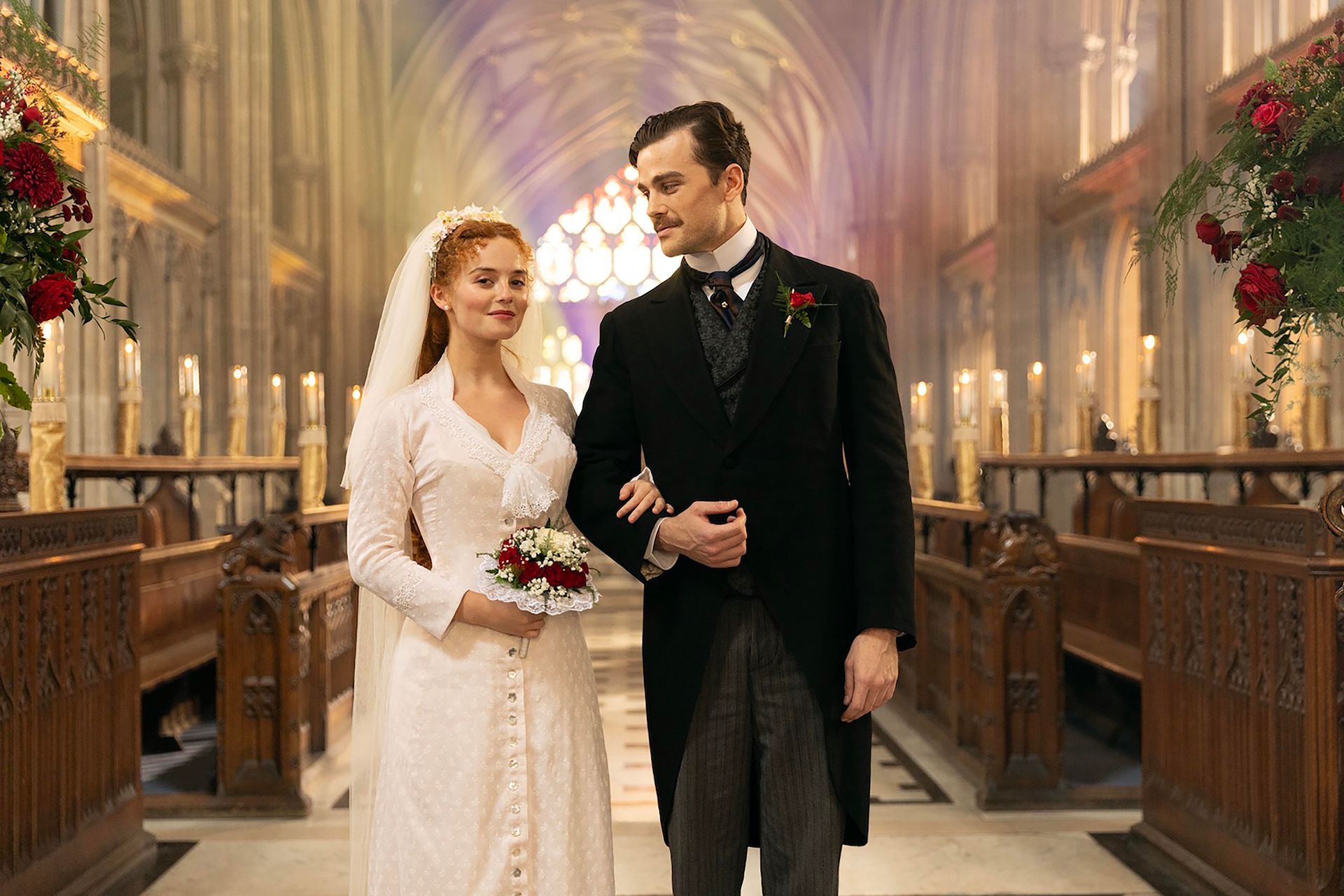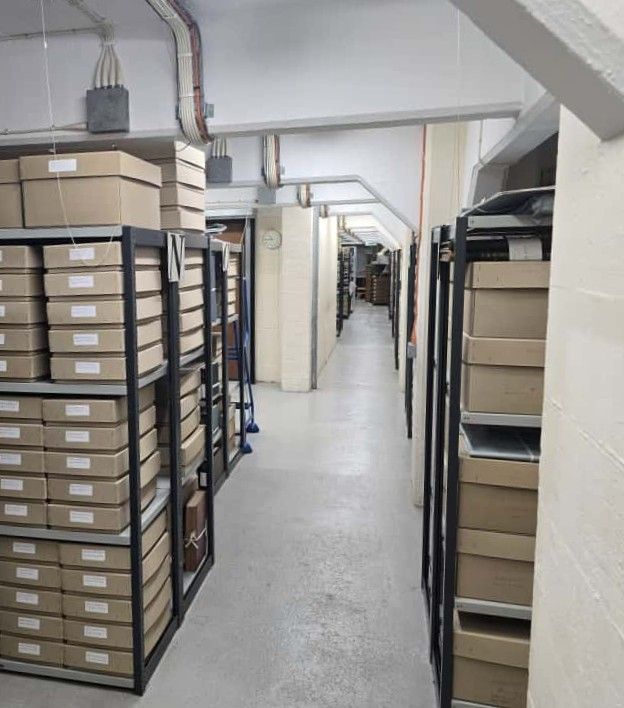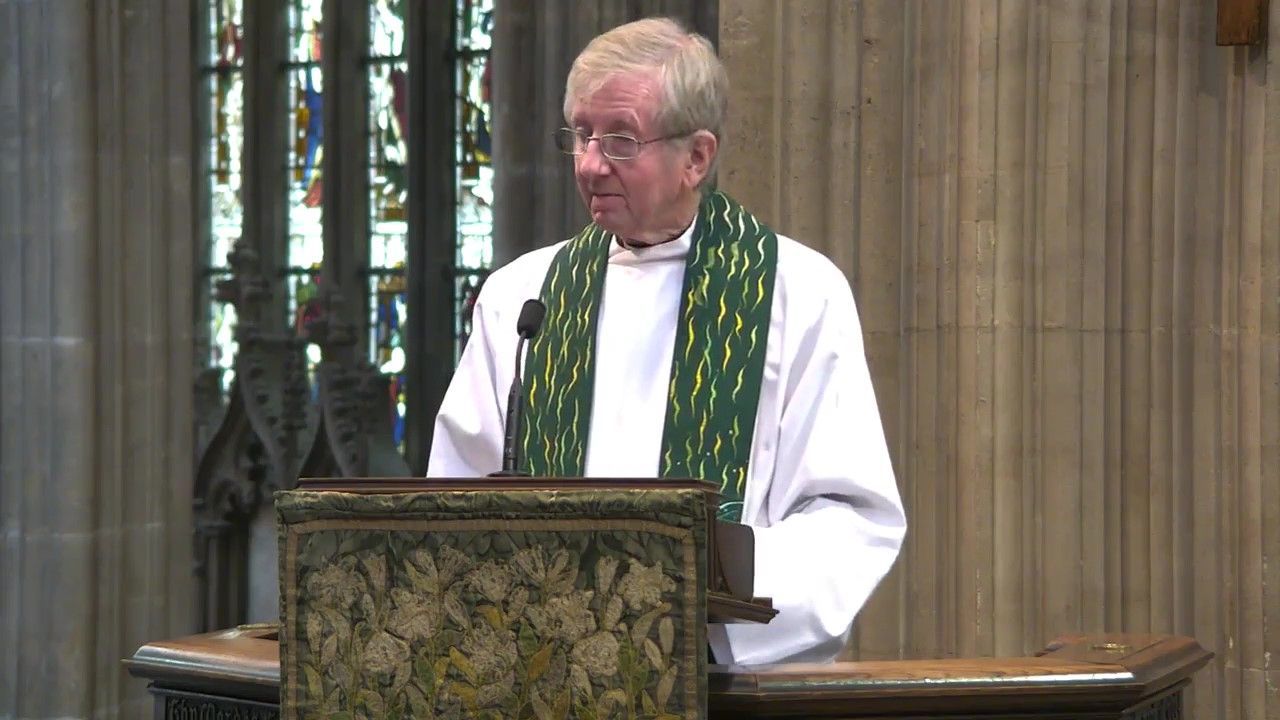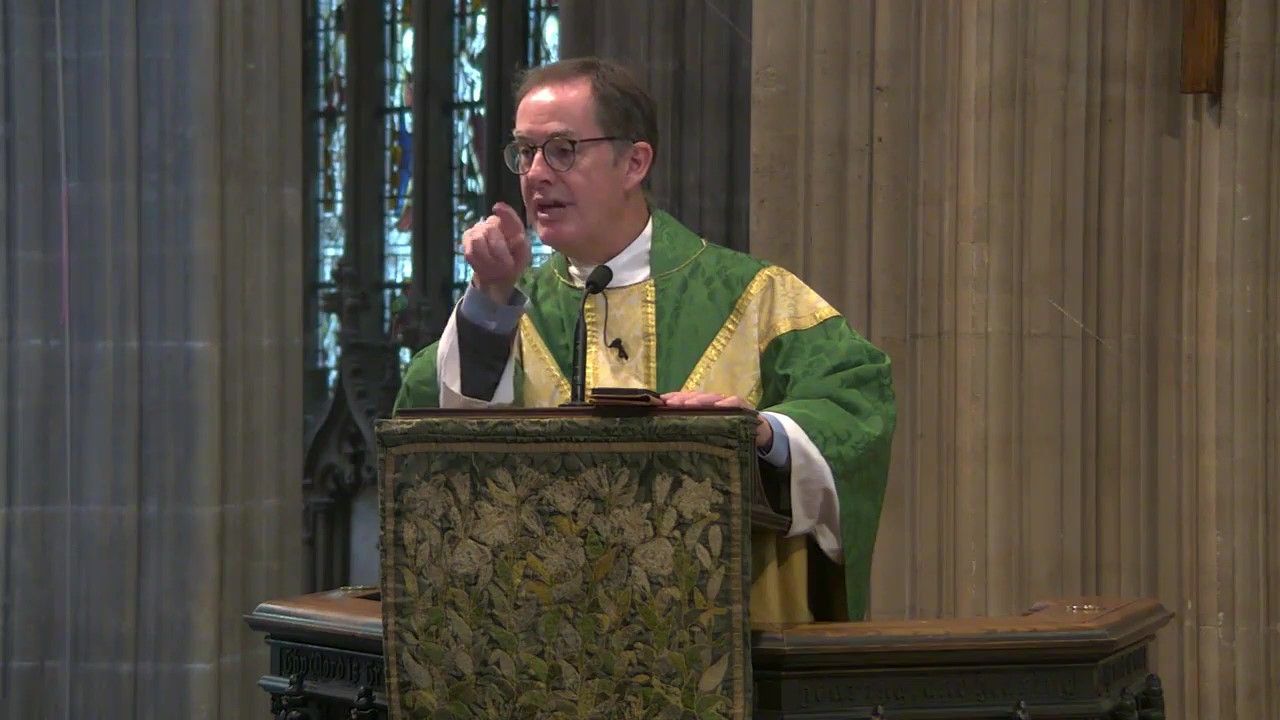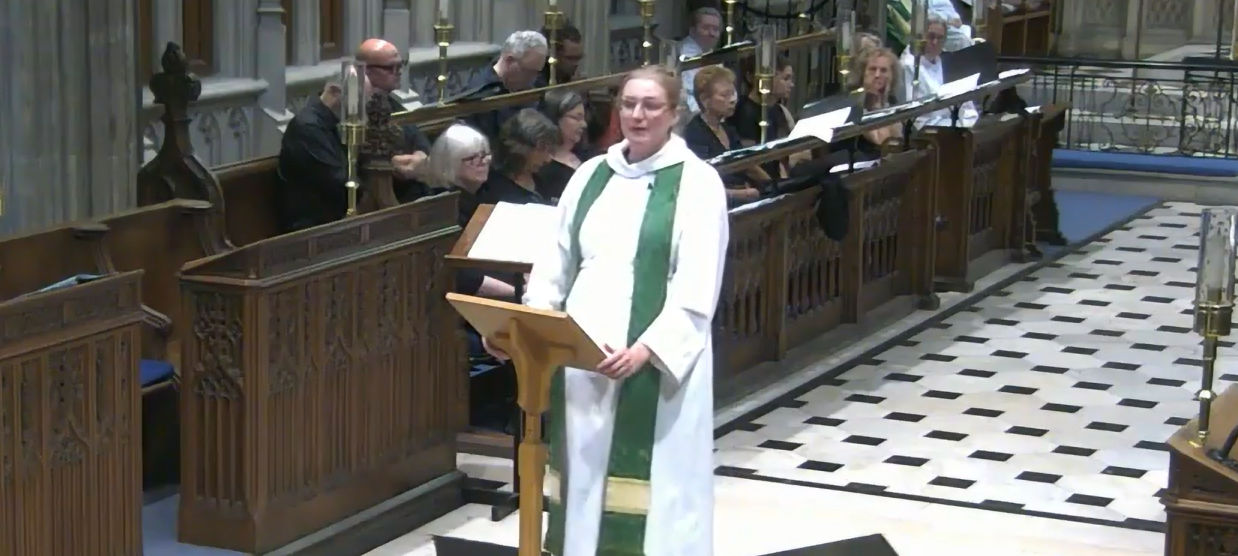Corporal Acts of Mercy
I was hungry and you gave me food.
I was thirsty and you gave me something to drink.
I was a stranger and you welcomed me.
I was naked and you gave me clothing.
I was sick and you took care of me.
I was in prison and you visited me.
These six actions are listed by Jesus in Sunday’s reading from Matthew’s gospel. They are known as the corporal acts of mercy and they can be seen set out in stained glass in the huge north transept window.
Jesus listed these actions as a way of separating the sheep from the goats, stating that some “will go to eternal punishment” and “the righteous into eternal life”. And often the discussion unfolds into that part of the story: just who is going to end up where?
But what if we stop worrying about where our actions may lead us in the end, and focus more on what Jesus wants of us here and now? Even this isn’t as straightforward as it may at first appear.
On first glance, offering food, drink and hospitality, sharing some food or visiting those in need doesn’t sound like too much to ask. But two thousand years ago, food, drink and clothing was more difficult to come by than it is now; the country was under occupation and you didn’t know which stranger was on your side and which was your enemy; helping the sick wasn’t about calling an ambulance or getting a taxi to the Minor Injuries Unit; and those who visited prisons were really siding with the destitute and outcasts.
When we consider the cost to us of inhabiting these corporal acts of mercy, we may be guilty of rather missing the point. For us the cost could be counted in pounds, shillings and pence. For those listening to Jesus, the cost was often far more personal, in terms of time, risk and status … as well as money!
If these are the actions of a loving community, then surely we should be asking ourselves how we measure up. And, honestly, I think we’re doing pretty well. As a community we’re offering support to our neighbours and to new comers to the local area. We welcome strangers, some of whom can be very challenging, into the open church seven days a week. I could go on. And we should be rightly proud of the exceptional work we do as a community for the community around us.
But that begs the question about each of us as individuals. Being honest with yourself, how do you respond to those six actions? I don’t think Jesus expects us to take them literally, nor to mark ourselves in some kind of OFSTED kind of way. But I do think Jesus yearns for us, individually and as a community, to look out for those who are in physical need or emotional need, those who have never been part of the community or who used to be but for whatever reason are now ostracised.
The corporal acts of mercy is one of the three themes that permeate the north transept window. The second is the story of the Good Samaritan. The third challenges us all, at all times, to consider that most fundamental question: And who is my neighbour?
Dan Tyndall
23 November 2023
